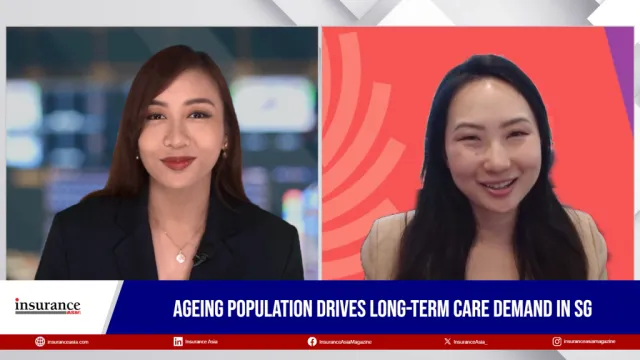
This week in insurance: Singapore's insurance sector sees market growth
The general insurance sector’s gross written premiums climb 6.3% YoY to $8.1b.
Singapore's insurance sector from 24 to 28 March saw more optimistic industry sentiments from general insurance to business operations expansion.
Singapore’s general insurance sector saw its combined gross written premiums climb 6.3% year-on-year (YoY) to $8.1b (S$10.8b) in 2024, data from the General Insurance Association of Singapore (GIA) showed. Underwriting profit rose by 5.6% YoY to $481.73m (S$642.31m).
However, net incurred claims rose by 14.4% YoY, driven by double-digit increases in the property, travel, and health segments. Factors such as climate change, healthcare inflation, and rising repair costs contributed to the increase.
In healthcare, Singapore’s Ministry of Health and the Central Provident Fund (CPF) Board introduced a new online tool to assist in making informed decisions about health insurance coverage. The ‘Health Insurance Planner’ (HIP) allows users to visualise long-term projections of their MediSave savings and health insurance premiums.
Individuals can compare the benefits, features, and premiums of Integrated Shield Plans (IPs) based on their preferred ward type. Moreover, the tool provides projections of premiums for selected IPs and their corresponding riders over up to 30 years.
Additionally, Specialist Risk Group (SRG) officially launched its Asia Pacific operations with a regional office in Singapore as it aims to establish itself as a leading broker in the region, focusing on specialty lines, complex property and casualty programs, and employee benefits.
The company plans to apply its UK and Ireland business model, emphasising specialist expertise and complex risk management, to the Asia Pacific market.
Furthermore, the Life Insurance Association, Singapore (LIA Singapore) announced its newly elected Management Committee (MC) for 2025–2026, appointing Wong Sze Keed of AIA Singapore as its new President. Wong outlined key priorities for 2025, including enhancing financial literacy, simplifying legacy planning and claims processes, strengthening trust, and supporting a sustainable healthcare ecosystem.



















 Advertise
Advertise







